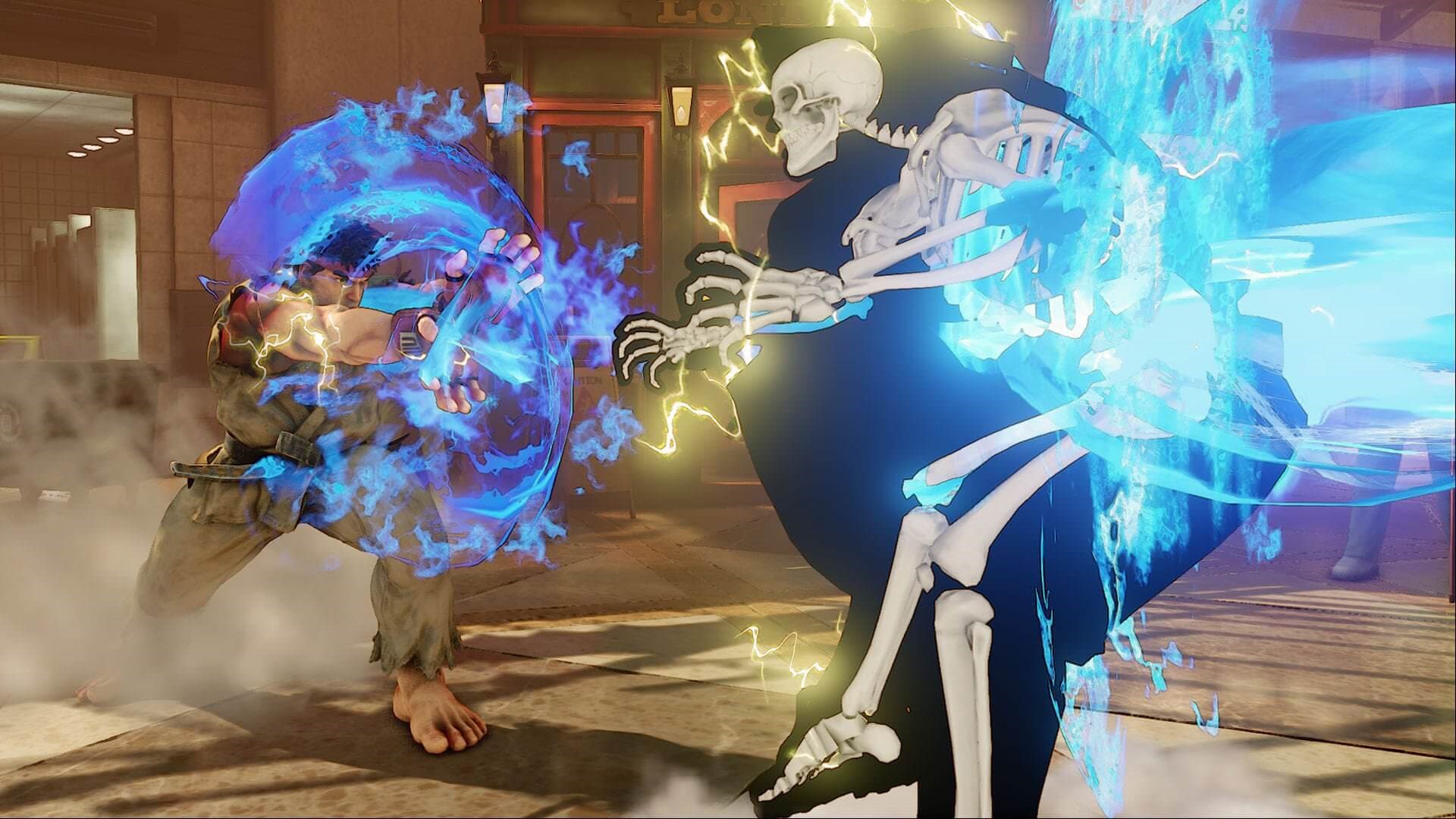Death of the Designer

I usually prefer to separate the art from the artist, but it’s important for the community to stand against toxic creators.
Let’s unpack that bit.
The title of this article is a reference to “Death of the Author”, an essay which argues that creation and creator are unrelated. The personal beliefs, religion, biology, background, and details of the author should not be used when interpreting the work of the author.
The best example of this is probably The Lord of the Rings. Tolkien himself was famously dismissive of allegory, and insisted that his story should stand on it’s own as a fantastical tale, rather than as a personal expression of his beliefs or morals.
 Quotes from the letters of J.R.R. Tolkein
Quotes from the letters of J.R.R. Tolkein
“Dear Mr Straight, Thank you for your letter. I hope that you have enjoyed The Lord of the Rings? Enjoyed is the key-word. For it was written to amuse (in the highest sense): to be readable. There is no ‘allegory’, moral, political, or contemporary in the work at all.”
“I dislike Allegory – the conscious and intentional allegory – yet any attempt to explain the purport of myth or fairytale must use allegorical language.”
“You can make the Ring into an allegory of our own time, if you like: an allegory of the inevitable fate that waits for all attempts to defeat evil power by power. But that is only because all power magical or mechanical does always so work.”
Lately I’ve realized how much “Death of the Author” brought personal comfort to me, especially when The Author turns out to be a terrible person. Just because a creator has an unhealthy viewpoint, or did some bad things shouldn’t invalidate all of the joy and satisfaction I got from their work, right?
Right?
Honestly I’m still not sure. The hours that my friends and I spent enjoying a game are not erased simply because the creator is a racist. I need not feel guilty for unknowingly supporting a toxic person.
 Le Penseur in the Musée Rodin in Paris
Le Penseur in the Musée Rodin in Paris
On the other hand…
Now that I know they are toxic, it’s difficult to justify supporting that person. It’s impossible for me to give them money and say, “Make sure you spend this on your awesome work, and not on your personal idiocy.” I can’t support the creation without supporting the creator, and by proxy their current behavior.
Instead we must refuse to support them, and make it clear why we are doing so.
This is very clear from the perspective of a creator like myself. As an example:
Let’s imagine that a large and vocal group of people came to me and say, “David, until you stop talking about your love of Street Fighter we won’t buy your stuff.”
Questions Permalink

That would give me major pause. Why are people so concerned about Street Fighter? What about it is making people SO upset that they would sacrifice their own enjoyment of my work? Is it the sexist portrayal of women? The anti-consumer practices of Capcom? That terrible Blanka costume?
I’d hopefully take some time to re-evaluate. Here are some of the questions I’ve be asking:
1) Are these concerns valid? Do I agree with them?
“David, some of the RPG creators you have reviewed are toxic individuals.” Thank you for letting me know, I do not wish to support them or their games.
2) If they are valid, what is the cost of changing? Some valid complaints are too costly to address.
“David, your website is hosted on servers that rely on a polluting energy infrastructure.” I actually agree with this one, but the costs of generating my own energy are far too high. This is a compromise I’m willing to make.
“David, we’d prefer it if your website had a blue border.” Sure, why not? It costs me nothing, even though I think it’s not a valid complaint.
3) If they are not valid, is it worth losing this audience to keep to my current course?
“David, until you stop going to church we won’t support you.” I’m sorry, but your complaint is invalid. I would rather lose this audience than change that aspect of my life.
Conclusion Permalink
There is a line between simply giving into every demand the internet makes of me and being willing to change my beliefs when they are wrong. It’s something everyone must decide for themselves when faced with criticism.
And by confronting creators we encourage them to ask themselves the same questions I asked earlier. Maybe it will change their minds, maybe not. But it is our duty as members of this community to reinforce that some kinds of behavior are not acceptable, and they will not find any support here.